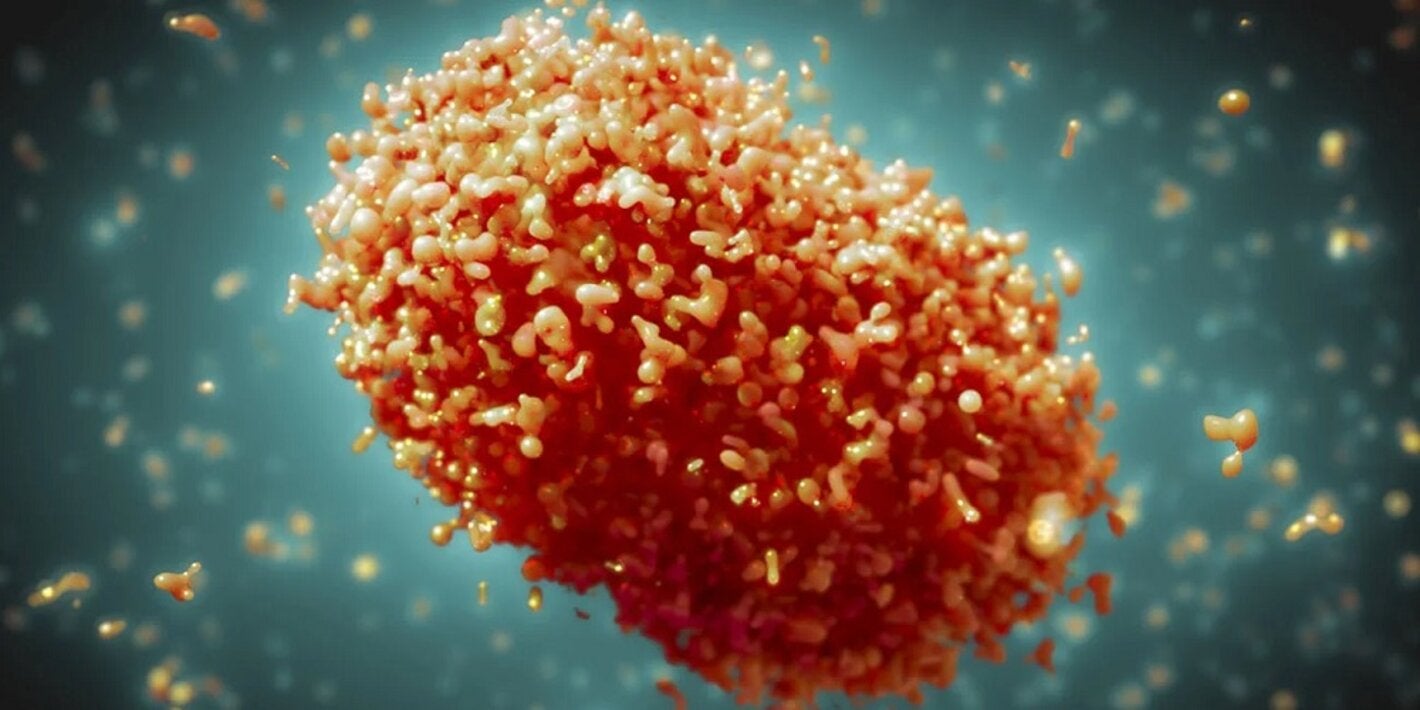
Member States, development partners and civil society key to stop spread and prevent monkeypox from gaining a foothold in the Region.
Washington, D.C. 27 September (PAHO/WHO) – As monkeypox cases remain at around 40,000 in the Americas, the Pan American Health Organization (PAHO) today called on countries to intensify the response actions, prioritizing detection, surveillance and community engagement to reduce new cases and put an end to the outbreak in the region.
“It’s too early to proclaim victory against monkeypox, as 7000 cases were reported in the past week alone,” PAHO’s interim Assistant Director Dr. Marcos Espinal said during a special session to update Member States on the regional monkeypox situation at the 30th Pan American Sanitary Conference.
“The Americas still account for the highest proportion of monkeypox cases globally,” Dr. Espinal added, and “while trends may indicate a stabilization in the total number of cases, the virus could mutate and cause more infections.”
Monkeypox cases have been reported in 31 countries and territories in the Americas. The United States still accounts for more than half of cases, but rapid increases were seen in Brazil, Peru, Colombia, Mexico and Chile since the World Health Organization (WHO) declared monkeypox a public health emergency of international concern two months ago.
Under – or lack of – reporting could make this number even higher, Dr. Espinal continued, since infected persons may not necessarily seek medical care or report a case to authorities.
Latin America and the Caribbean had limited experience in the diagnosis of monkeypox when the first case was reported in Argentina in May 2022.
PAHO has since provided PCR detection supplies and trained laboratory workers in workshops conducted in Brazil, Mexico and Jamaica. “We now have over 40 National Public Health Laboratories with the capacity to implement molecular diagnosis for monkeypox,” Dr. Espinal said.
The outbreak continues to primarily affect men, who make up 95.5% of cases, and over 70% of cases are reported to be among men who have sex with men aged 20 to 49 years old.
Over 60% of cases in the Americas are reported to be HIV-positive, a proportion twice as high as in Europe.
Community engagement and communication efforts to reach populations most at-risk have been at the center of the regional response since the beginning.
PAHO has been working with Member States in the region to involve groups of gay, bisexual, and other men who have sex with men, leveraging channels established under the regional response to HIV, to disseminate information and guidance to raise awareness about transmission, symptoms and how to care of oneself when diagnosed with the disease.
And while global supplies remain very limited, PAHO’s Revolving Fund, at the request of countries, has secured 130,000 doses of third-generation monkeypox vaccines with manufacturer Bavarian Nordic for countries and territories in Latin America and the Caribbean, Dr. Espinal said. Mass vaccination is not recommended, but this tool can be helpful in preventing infection post-exposure.
“We have the opportunity to stop, or significantly reduce, monkeypox transmission in our region but actions must start at the level of countries,” the PAHO Director for Health Emergencies Ciro Ugarte, added. “PAHO can help countries make use of all available tools to intensify the response.”



